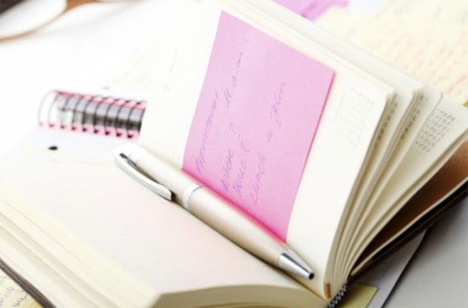A friend of mine always says about her later years: I had a plan. She is a very organized person and had her finances and living situation in order for an eventual retirement. She had emptied her parents’ home and distributed items to family members, donated much of the stuff, and what she decided to keep, she protected in archival storage containers. Indeed, she was a woman with a plan.
Then life threw her a curve, actually a couple of curves. She was unexpectedly let go at work and she was facing a tough medical situation. All of a sudden, she was a person who thought she had a plan but found herself in a new situation.
How many of us enter our later years with, if not a plan, at least a vague idea of what we want to do and how we want to live. Sometimes that plan works and sometimes we have to rethink our lives, maybe not as dramatically as my friend did, but we have to reimagine some parts of it.
We know what we want to do with our stuff and with the family items we inherited from our parents. We share things with family members, give to charity, and make sure we dispose of the rest responsibly.
Then things go awry. Our living situation changes, our finances are not what we thought, our energy is less than we had hoped. How do we get back on track?
Begin by listening to your gut, or to your heart (they’re connected). Don’t beat yourself up. Let your plan go and revise it as you need to.
Start with what bothers you the most. Maybe it’s a particular room in your house. Maybe it’s a category of stuff – your clothes, many of which you no longer wear, or your papers, which are not organized for easy access.
When it comes to giving away your stuff, think of family more broadly. As Mother Teresa said, “The problem with the world is that we draw the circle of our family too small.” Can we think of extended family, friends and neighbors, colleagues, and, of course, people who have less than we do, as our family?
If you’re really stuck with what to do with stuff you think you don’t want, ask yourself some questions to help loosen the bottleneck. Will I really need this some day? If I saw this in a store today, would I buy it? If I really don’t want or need an item, what’s holding me back from giving it away? The answers will help you be your own guide.
Learn to embrace change. (That’s a tough one!) You change, life changes, you go with the flow. We all grow and change, some of us more reluctantly than others. Change is part of life and growth is the result of change. We really can’t argue with it, that would get us nowhere, we can only learn to embrace it.
Linda Hetzer is an editor and author of books on home design, crafts, and food, and coauthor of Moving On: A Practical Guide to Downsizing the Family Home.
Filed under: downsizing the home, emptying the house, enjoying the process, environment, getting rid of stuff, gratitude, habits, happiness, living with less, retirement | Tagged: creative strategies for downsizing the home, distributing family items, emotional issues in downsizing the home, getting rid of things, talking about downsizing | Leave a comment »













